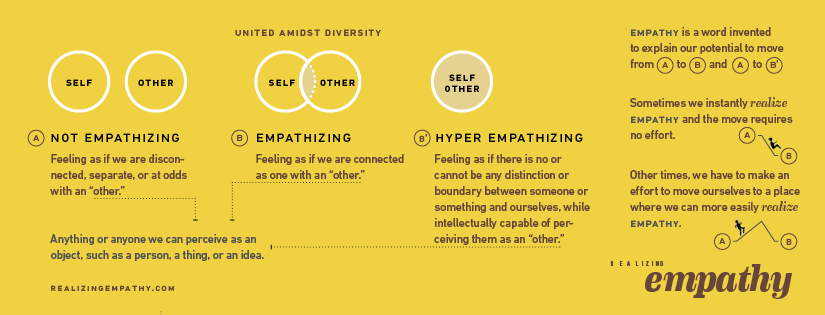10 years ago,
my mother
realized empathy with herself
and discovered
that all this time
she had unconsciously assumed
she had to do what she felt
was not worth doing,
only
to make others happy.
Ironically,
once she felt
she was given permission
to stop doing these things,
those around her
felt happier.
Why?
Because
She behaved toward them
less out of the resentment
left over
from doing so many things
out of obligation.
Something similar
happens in leadership.
…
Some founders I coach
started out thinking
it was their responsibility
to make everyone around them
happy.
A tall order.
Especially so,
because behaviors arising
from the tension they held
from that very sense
of responsibility
was contributing
to the unhappiness
of those around them.
But they needed permission
to invest the time and effort
to manage their own tension.
Because it felt selfish
to do so.
So instead,
they chose
“to be strong.”
…
The saying,
“Happy parents,
Happy kids”
is not a permission
to be selfish.
It is an invitation
to journey into
the vulnerable
and creative process
of survival
together
by striving
to be the best support
we possibly can
for each other.
Still a tall order,
but together.
